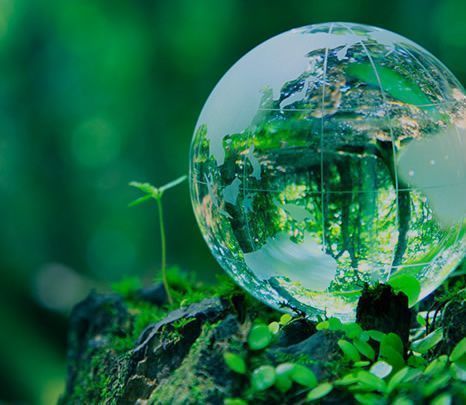Dioxin, what effects it has on humans’s health
Dioxins are various substances that result from natural combustion processes (such as forest fires or volcano gas emissions) or human activities (such as waste incineration or industrial production processes).
Reducing the release of dioxins into the environment
Over the years, efforts have been made to reduce the release of dioxins into the environment by changing the production methods of industrial plants.
The release of dioxins in large quantities into the environment is "facilitated" more to the characteristics of these substances viz:
- High chemical stability (they are hardly degraded)
- Little ease of dissolving in water
- manage to remain for quite a long time both in the’environment and within organisms, even in humans (in adipose tissue)
- Are able to spread easily in the environment, even reaching far from where they were released
The main source of human exposure to dioxins is from food (cheese and dairy products, meat and some species of fish) or through inhalation and ingestion of dust or soil, or from skin contact.
Dioxin has different effects on humans depending on the time of exposure to the substance and the level of dioxins.
They can in fact occur:
- Skin diseases (such as chloracne, similar to juvenile acne, which occurs all over the body and can also release permanent scars)
- Alterations in liver function
- difficulties in glucose metabolism
If one is exposed to lower doses of dioxins but for longer periods of time, they can occur:
- Immune and endocrine system damage
- interfering with the physiological balance of thyroid and steroid hormones
- Have impacts on the development of the fetus, in case of pregnancy.
What is established is that dioxins are considered carcinogenic to humans because they can lead to cancers of lymphatic tissue, cancers of hematopoietic tissue, and various forms of leukemia.
